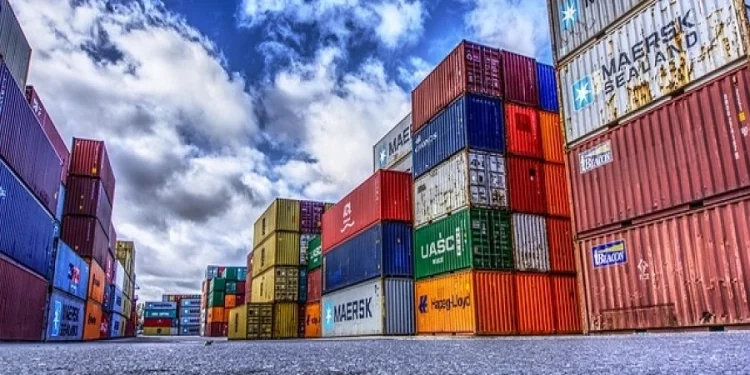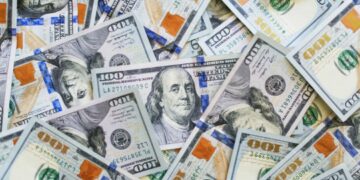Ambassador Palmer Downplays Impact of 10% Tariff on Ghanaian Exports to the US Market
The United States Ambassador to Ghana, Virginia Evelyn Palmer, has sought to allay concerns over the potential fallout from a newly introduced 10% tariff on Ghanaian exports, emphasizing the resilience of bilateral trade ties.
The tariff forms part of a broader realignment in U.S. trade policy, spearheaded by President Donald Trump, which also includes a 34% levy on Chinese imports and a 20% tax on goods from the European Union. These measures, framed by Trump as a response to perceived economic imbalances, have fueled tensions in global markets.
Speaking from the White House Rose Garden, President Trump defended the tariffs as necessary to safeguard American industry, describing them as a corrective measure against what he called years of “unfair economic exploitation.”
Despite growing concerns over the impact on emerging economies, Ambassador Palmer reaffirmed Ghana’s importance to the U.S. as a strategic trade partner, highlighting a bilateral trade relationship exceeding $3 billion.
“The life-saving programmes are all to be continued. The new face of our partnership will maintain these critical initiatives. The U.S. and Ghana have a very warm, close relationship founded on four pillars—historical and cultural ties, trade and investment, goods and services, and cooperation in key industries,” Palmer stated.
She pointed to Ghana’s gold and gas exports, which remain integral to global trade, and noted that U.S. imports, including automobiles and pharmaceuticals, contribute to shared prosperity.
“No matter the shifts in language or policy focus, Ghana remains a crucial partner to the United States, and that will continue,” she assured.
Palmer’s remarks seek to reinforce confidence in the enduring nature of U.S.-Ghana relations, even as shifting trade policies reshape the global economic landscape.








